
If you attended The Global Leadership Summit (GLS) on August 5-6, you’ll likely remember the powerful Summit Impact story about a man named Renaldo Hudson.
Because of the partnership with Second Church in Danville, and the support of our generous audience over the years, Renaldo was able to attend the GLS for the first time while incarcerated at Danville Correctional Center.
After what he heard, Renaldo realized he could lead the change he wanted to see and was inspired to do something within the walls of his prison to change the culture. So, Renaldo started the Building Block program, which is a peer mentoring program set out to transform the lives of incarcerated men at Danville Correctional Center.
You may have heard a little bit of Renaldo’s story during the GLS, and the remarkable things he is doing now that he has been released. But we would love to share the rest of the story about how the Building Block program legacy is changing lives.
Watch this powerful 15-minute documentary on the impact of the Building Block program.
ARVE Error: Mode: lazyload not available (ARVE Pro not active?), switching to normal mode
If you have ever donated to the Global Leadership Network, you too are part of stories like Renaldo’s. You make it possible to bring the GLS into 100+ prisons and counting. Thank you!
If you are interested in getting involved with the GLS Prison Program, go to GlobalLeadership.org/Prison to learn more!
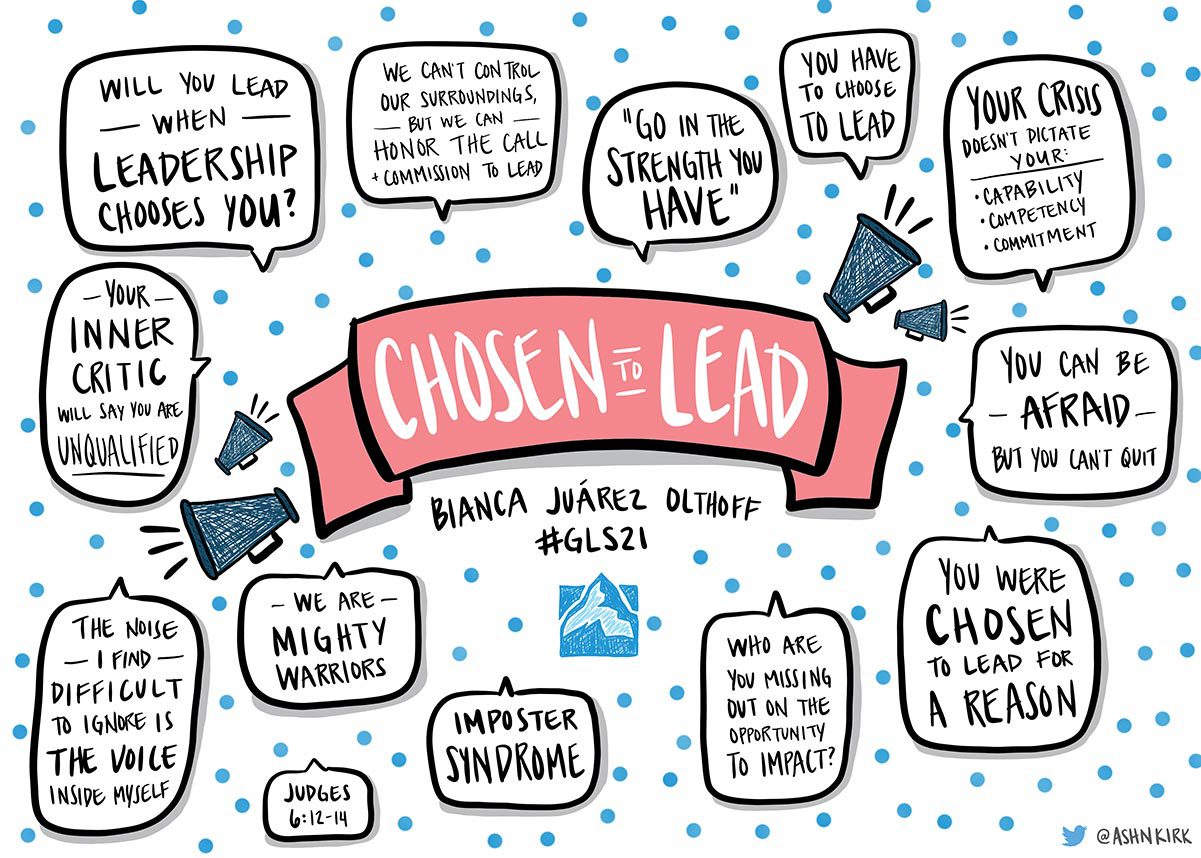

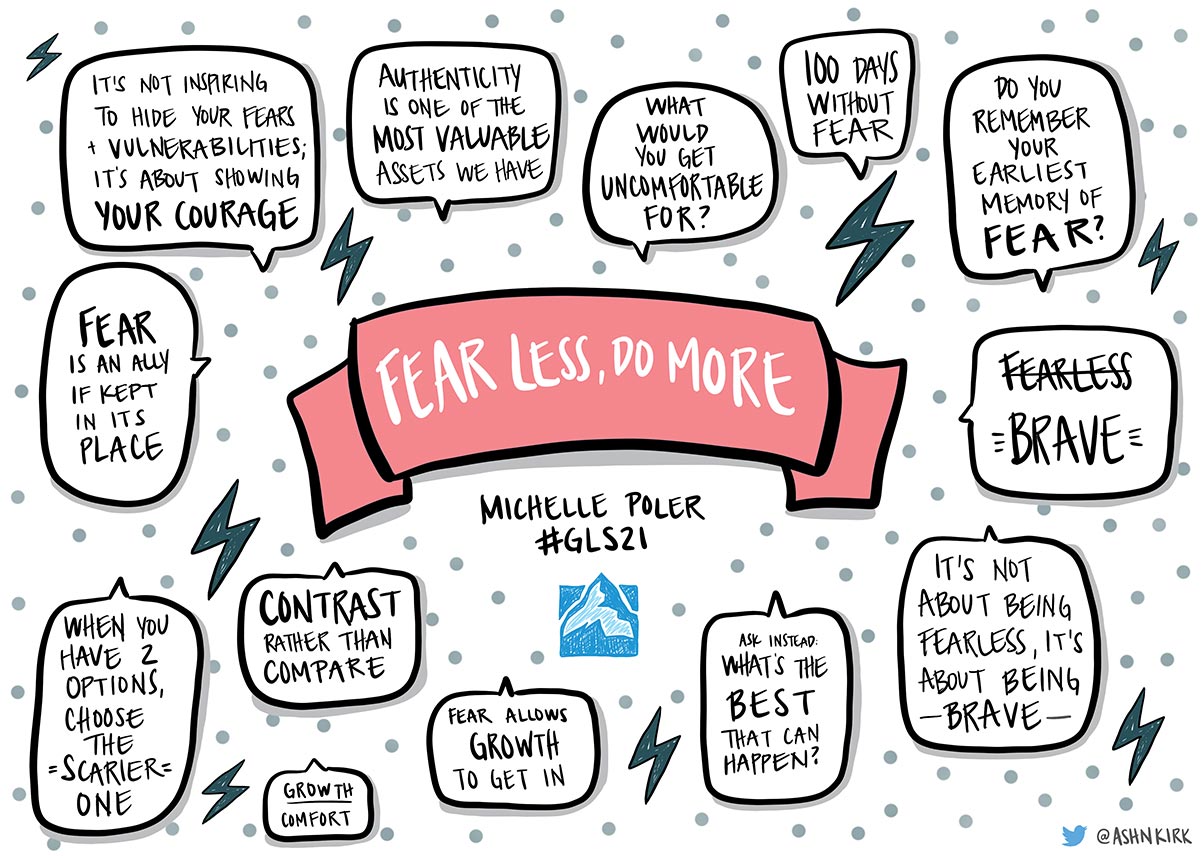
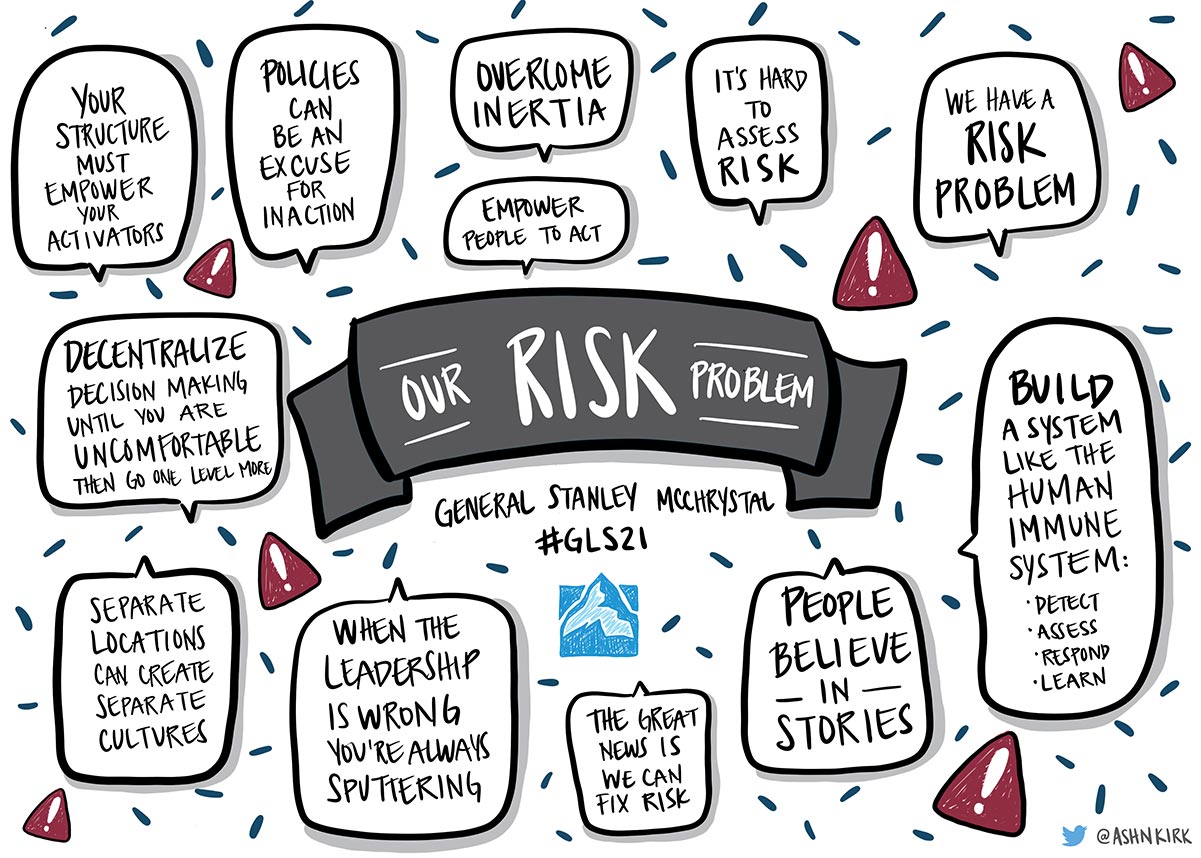
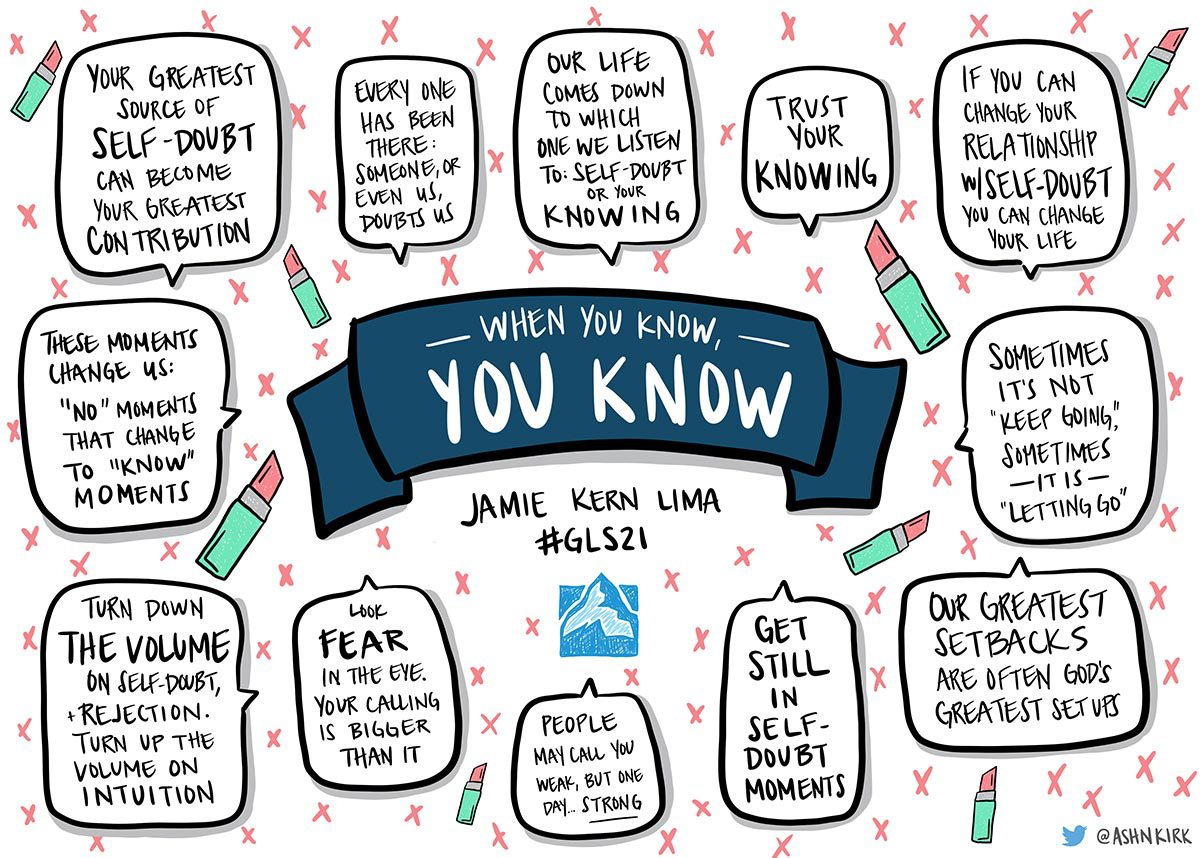
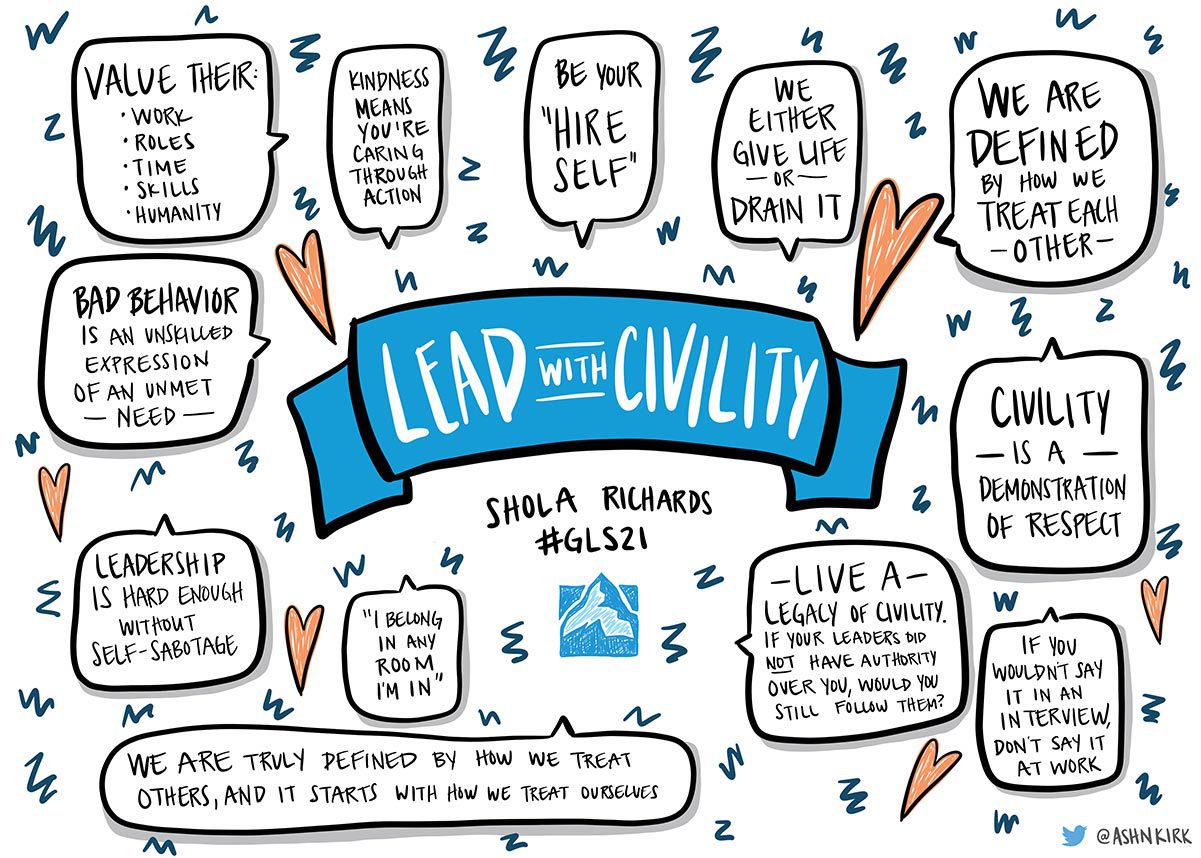
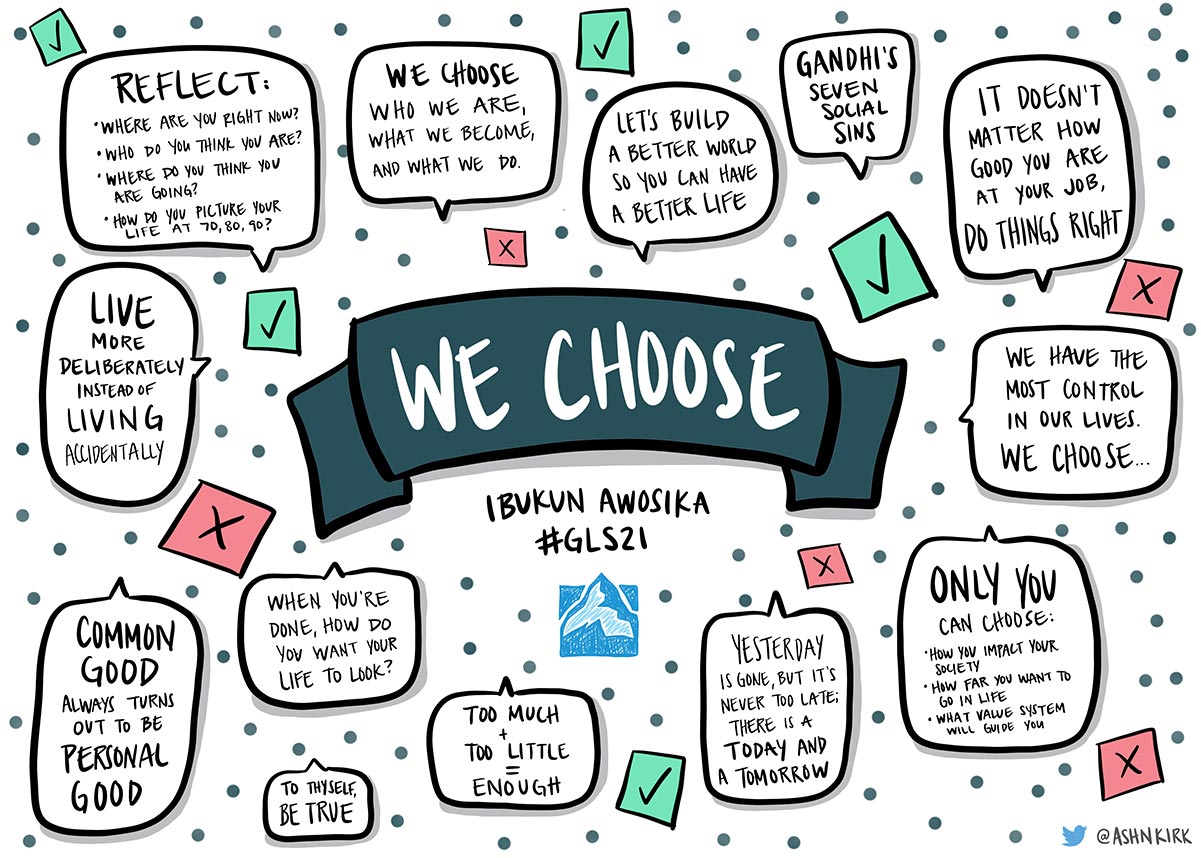

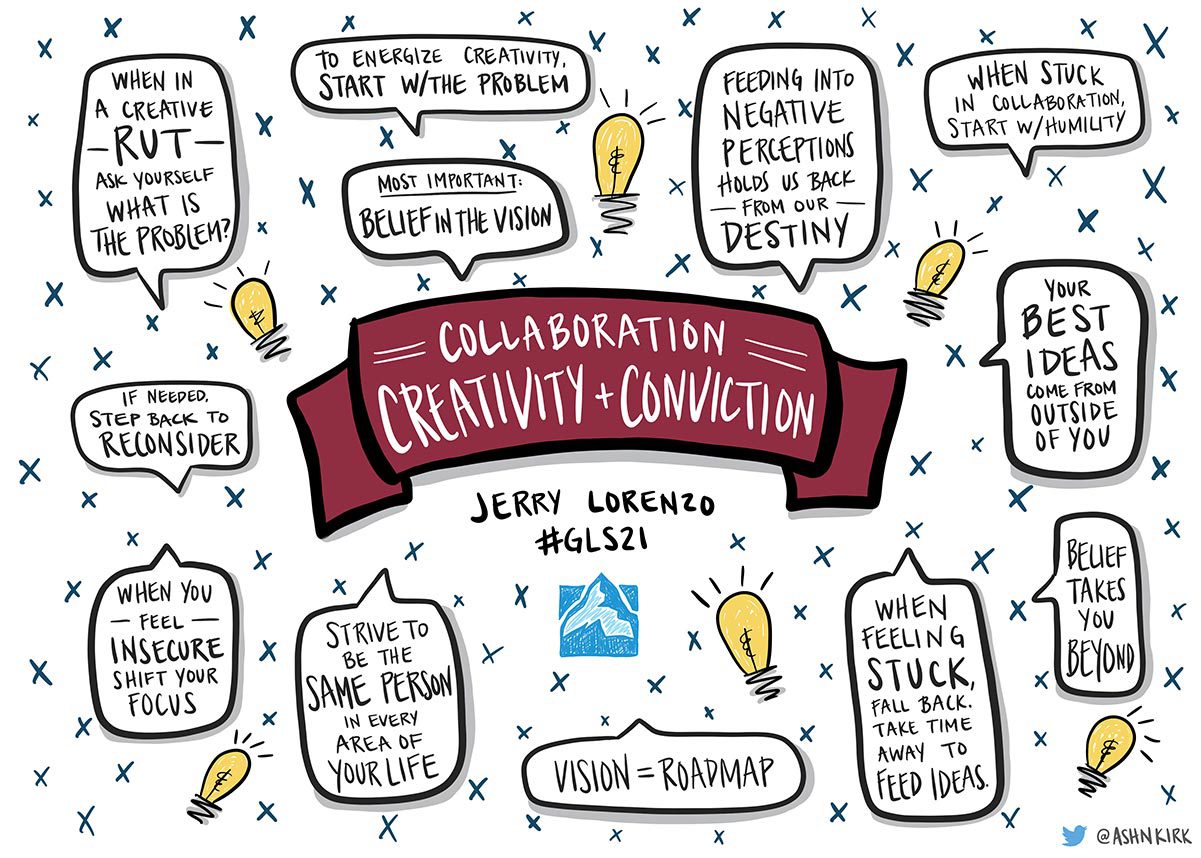
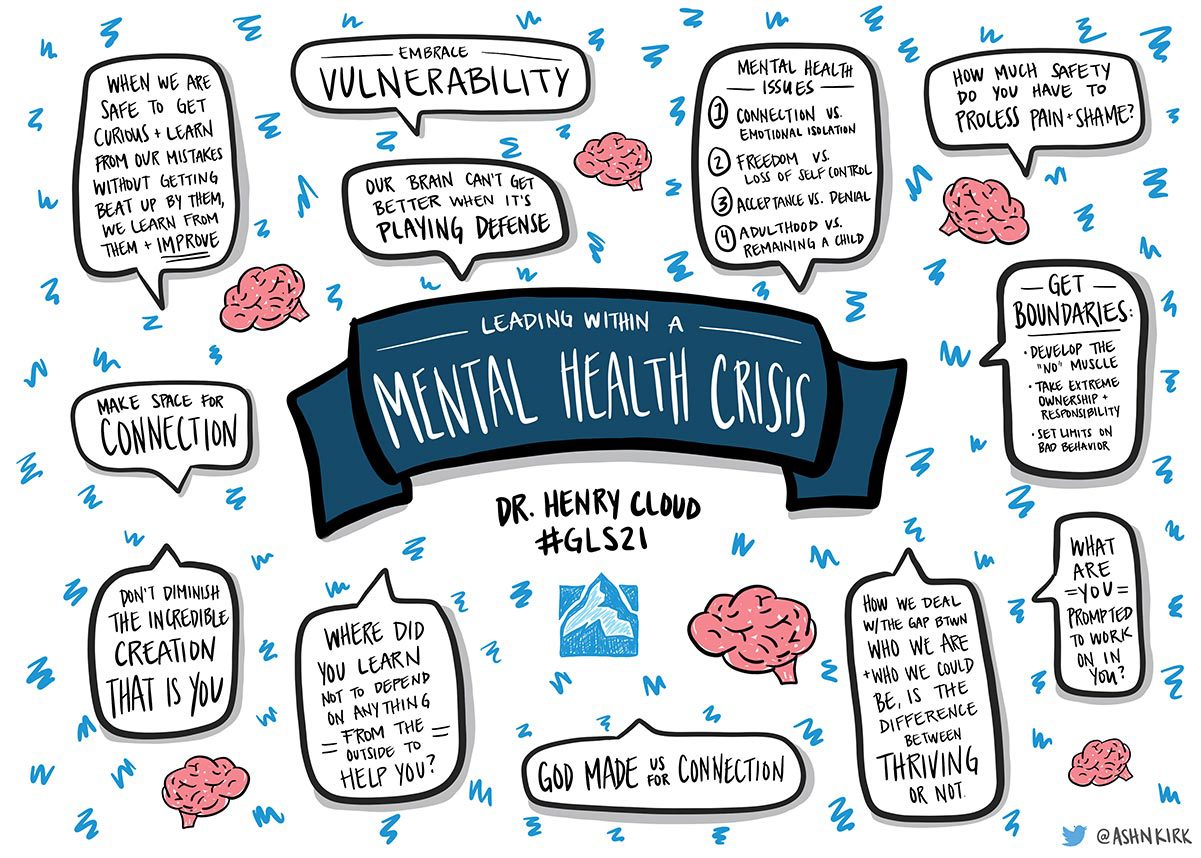
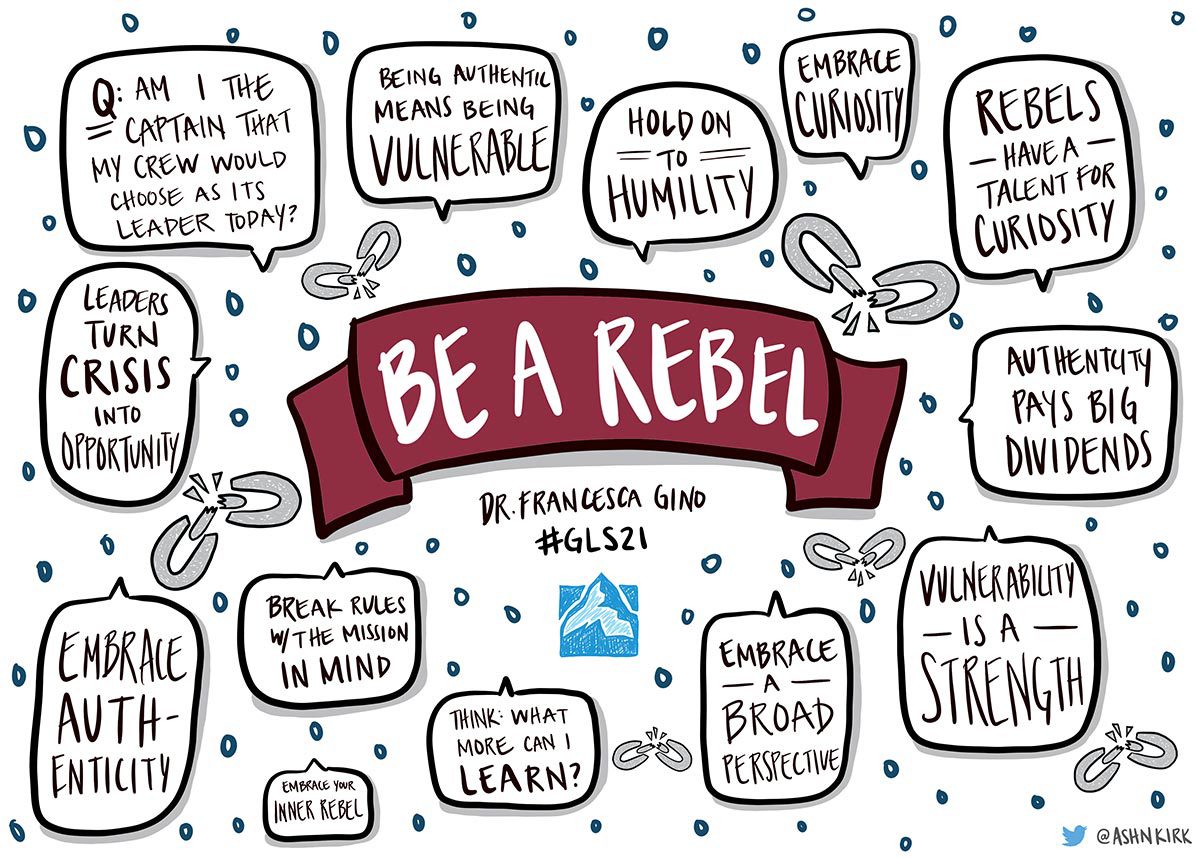
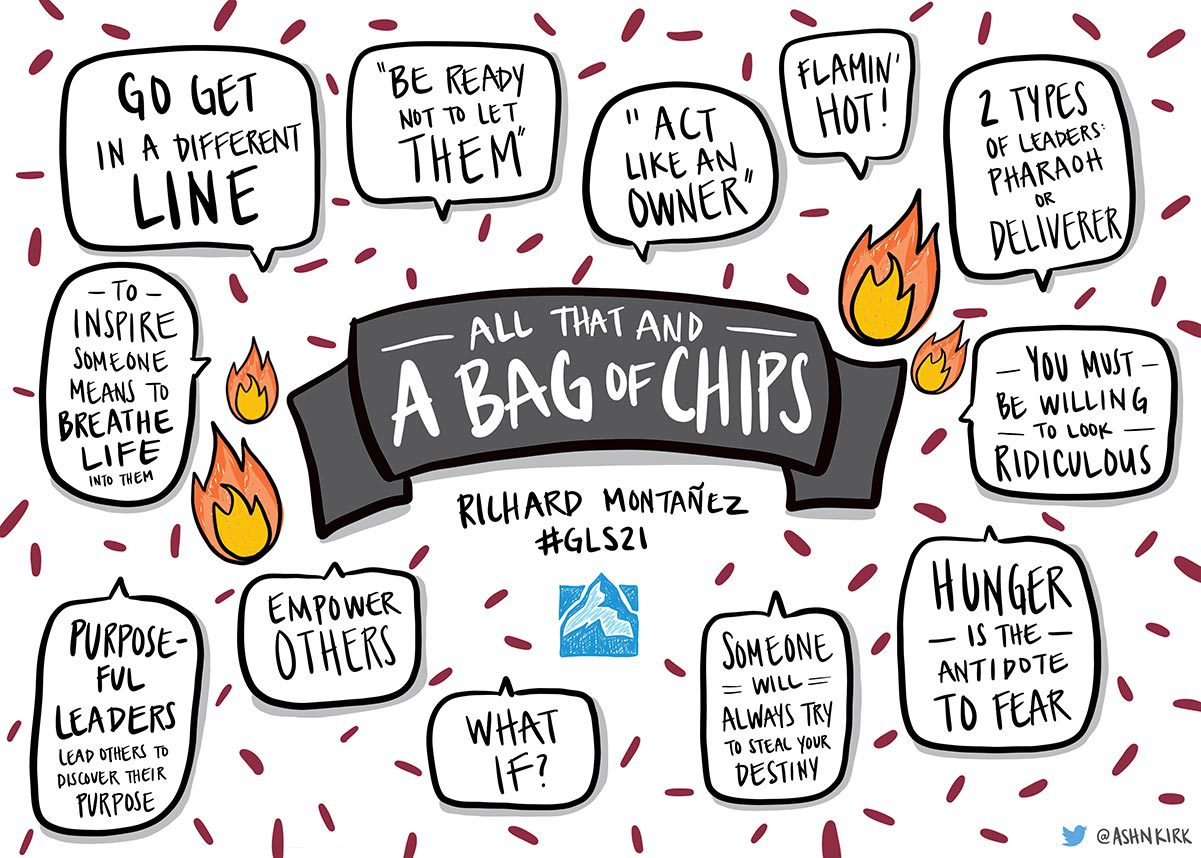
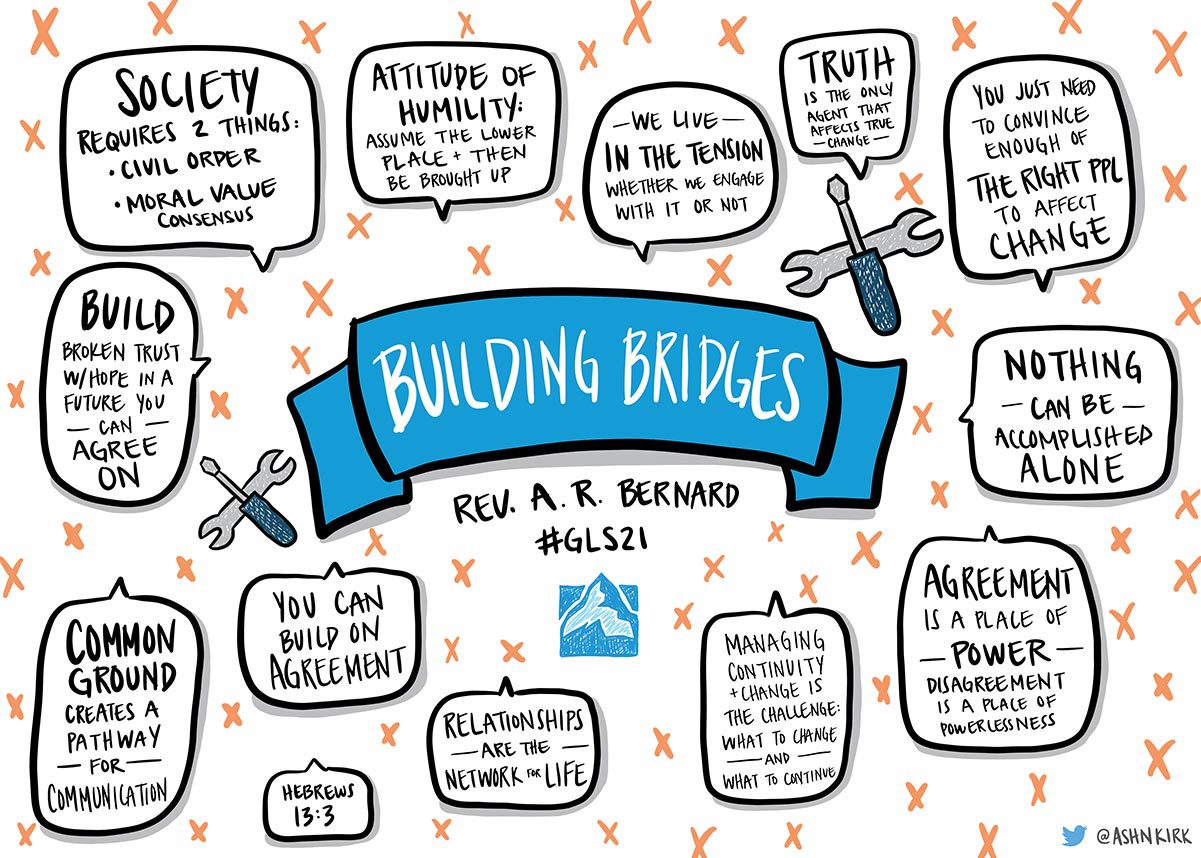
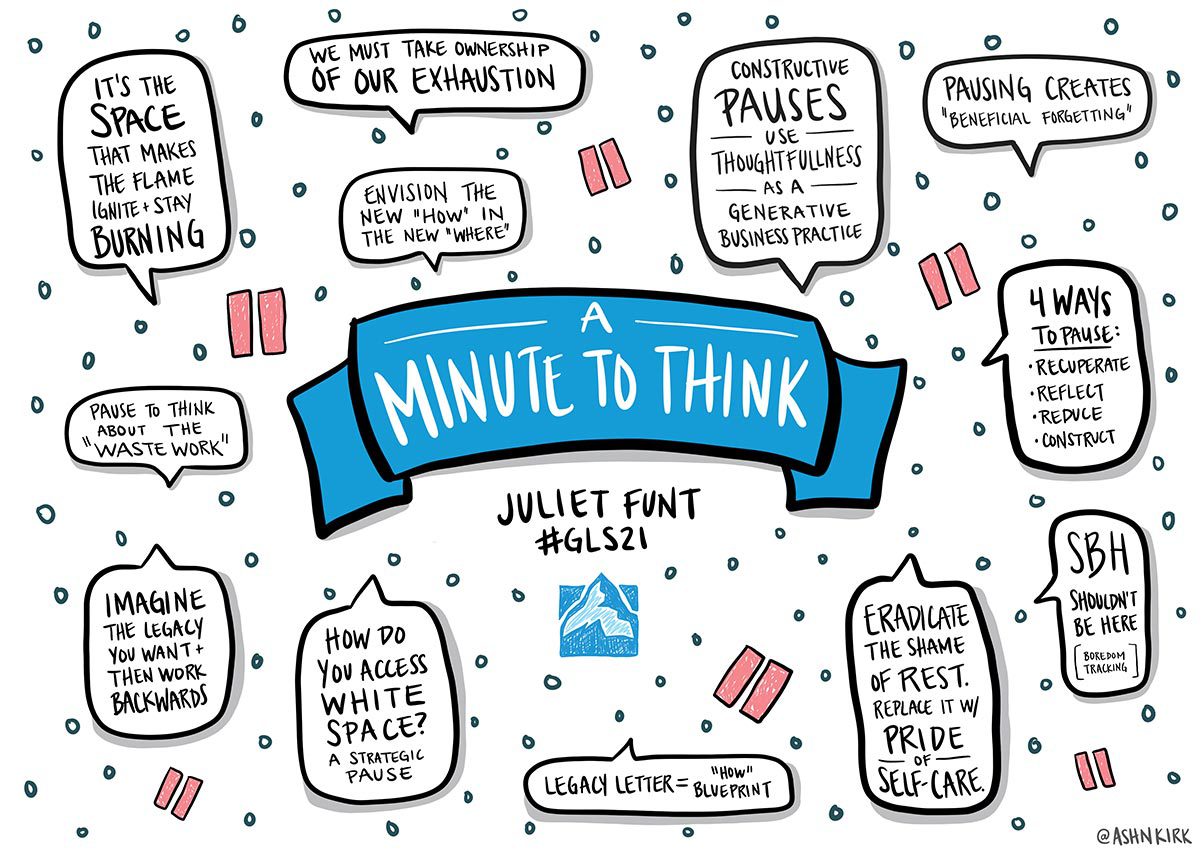

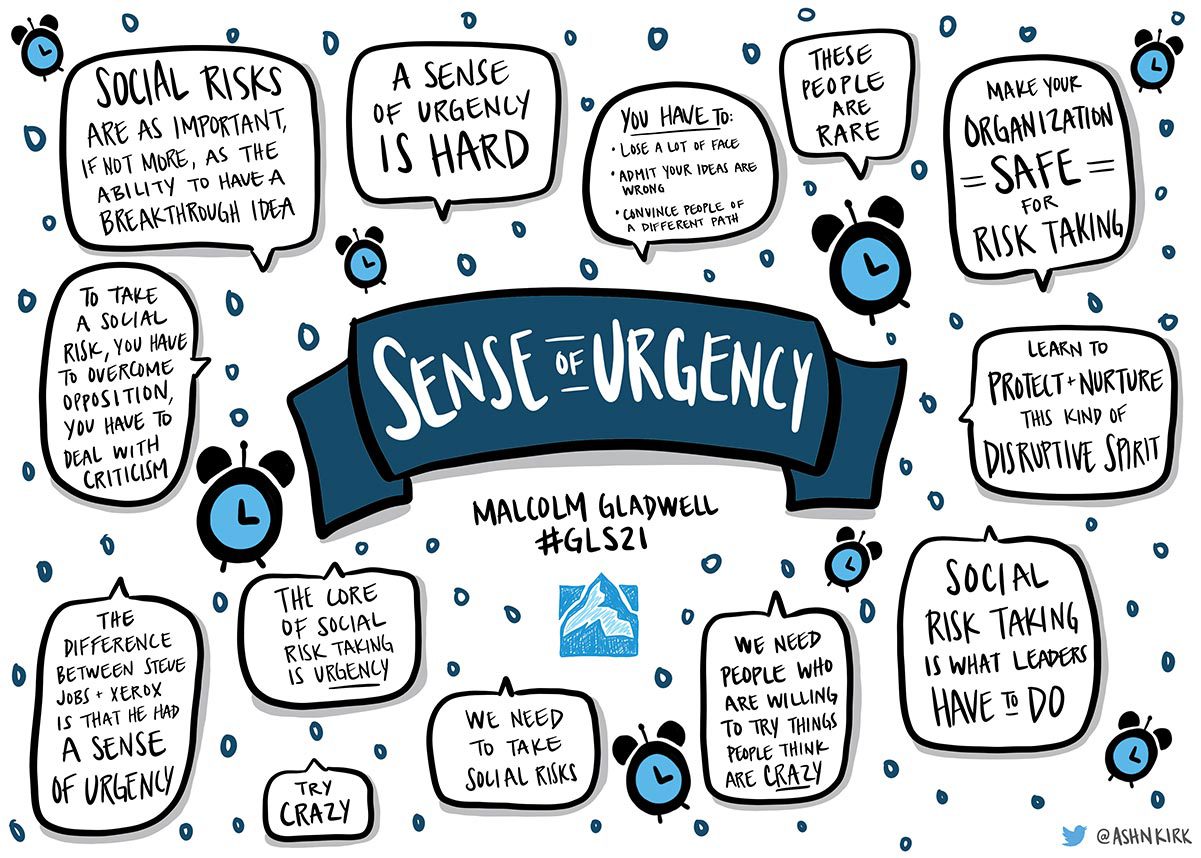
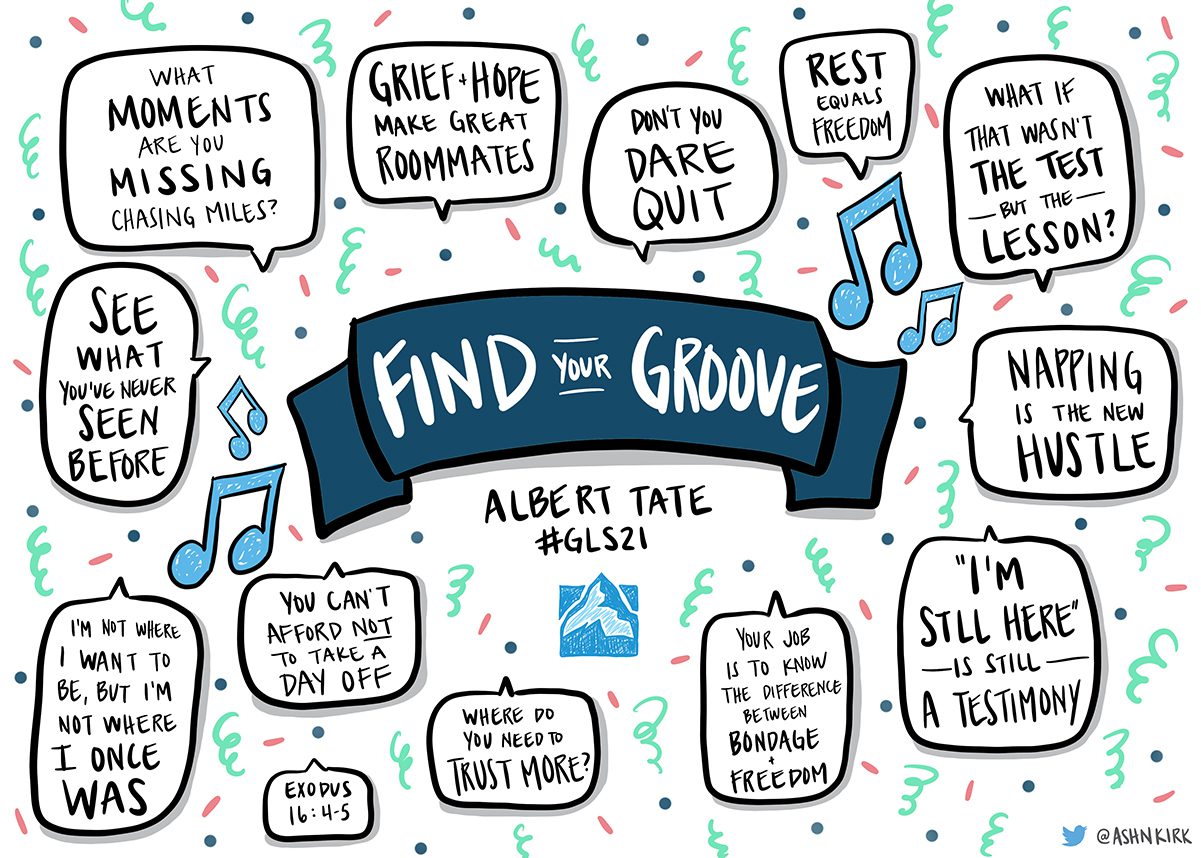



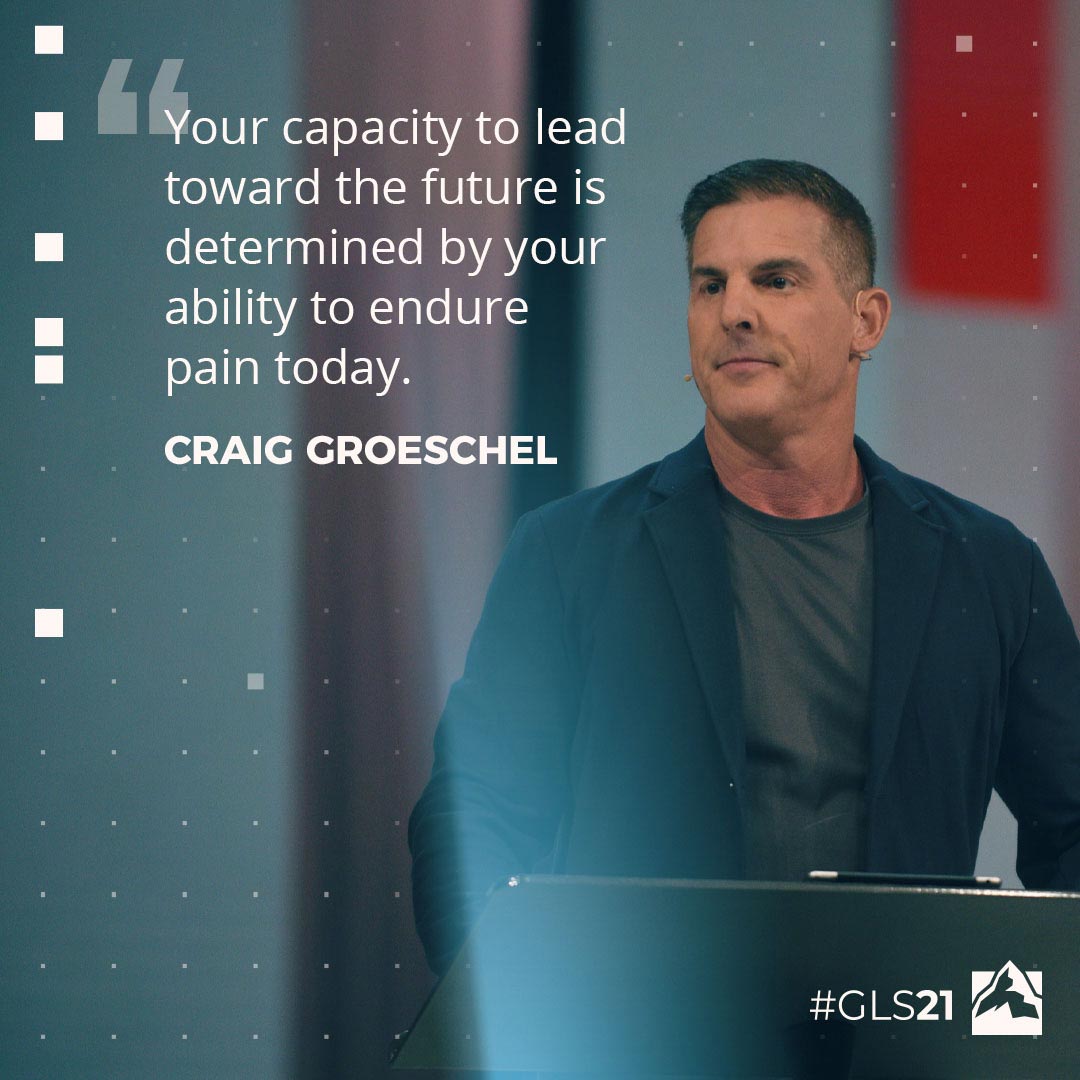

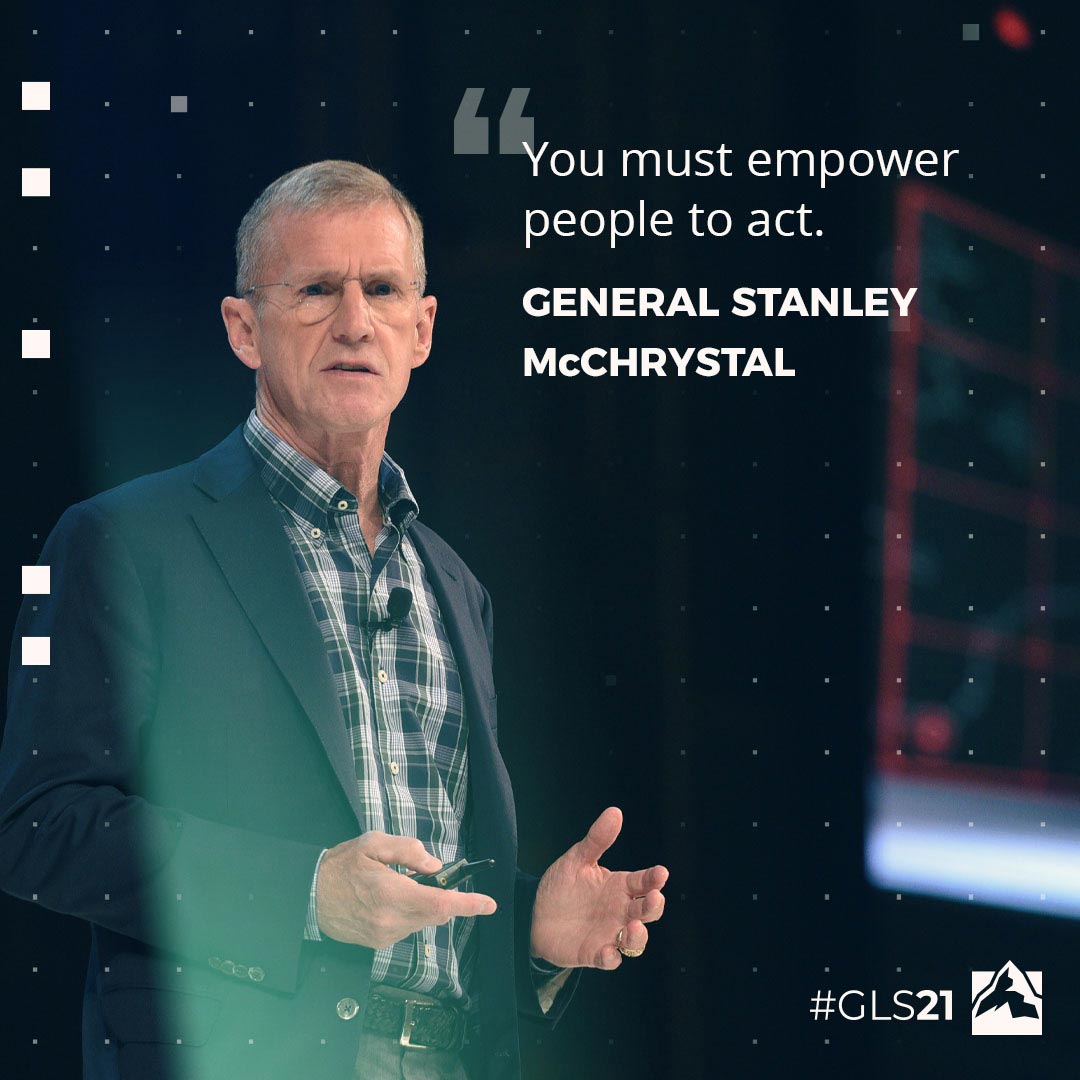
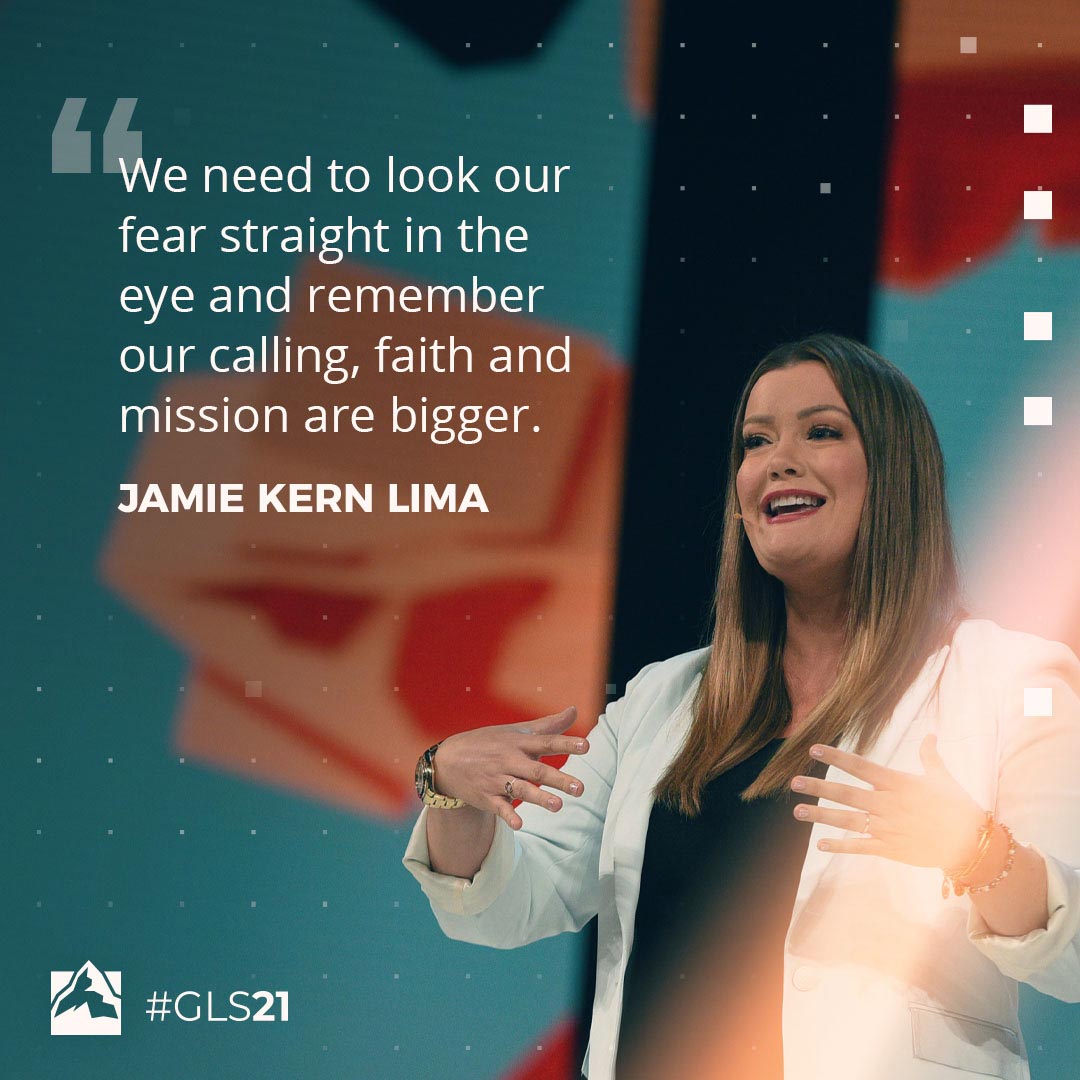
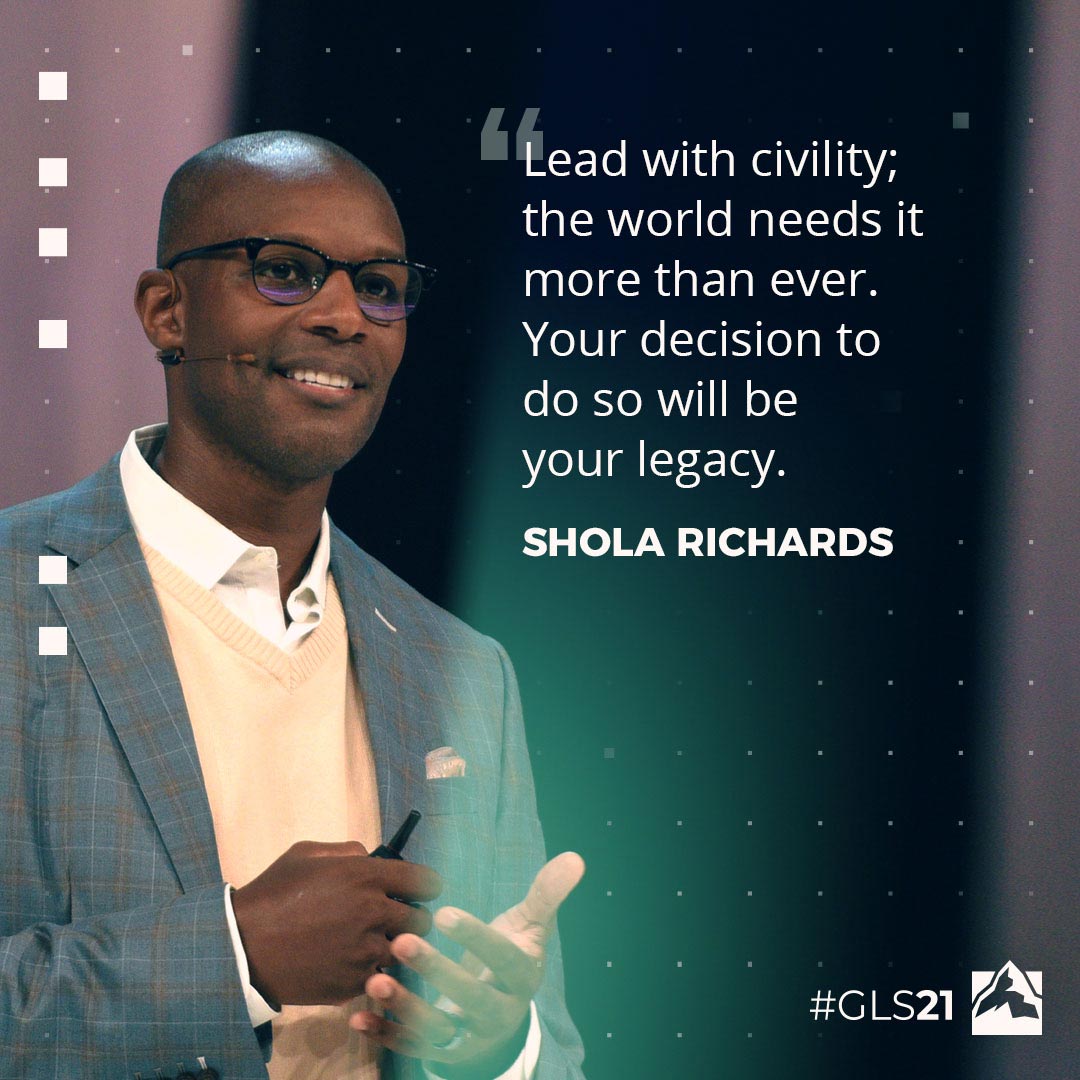
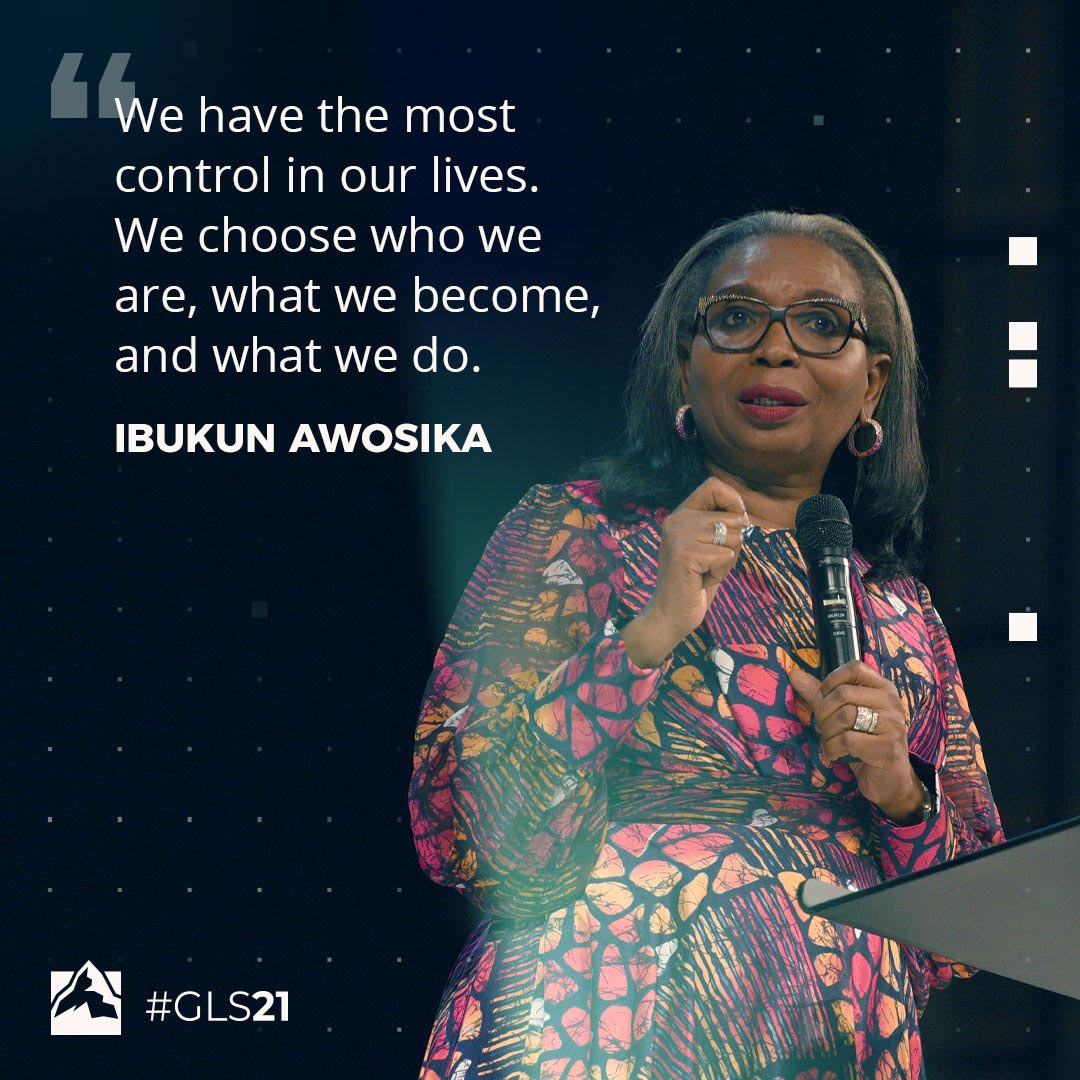
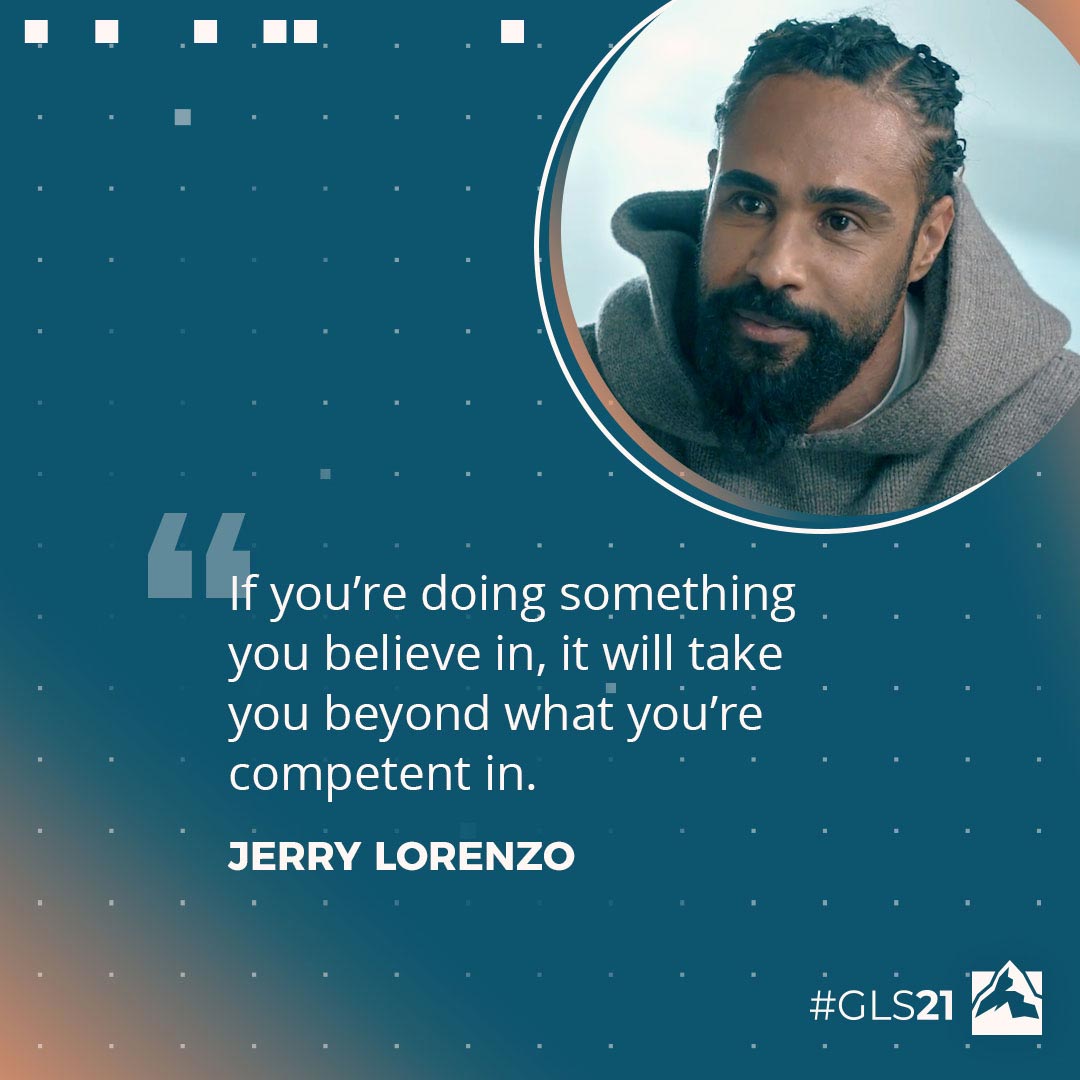
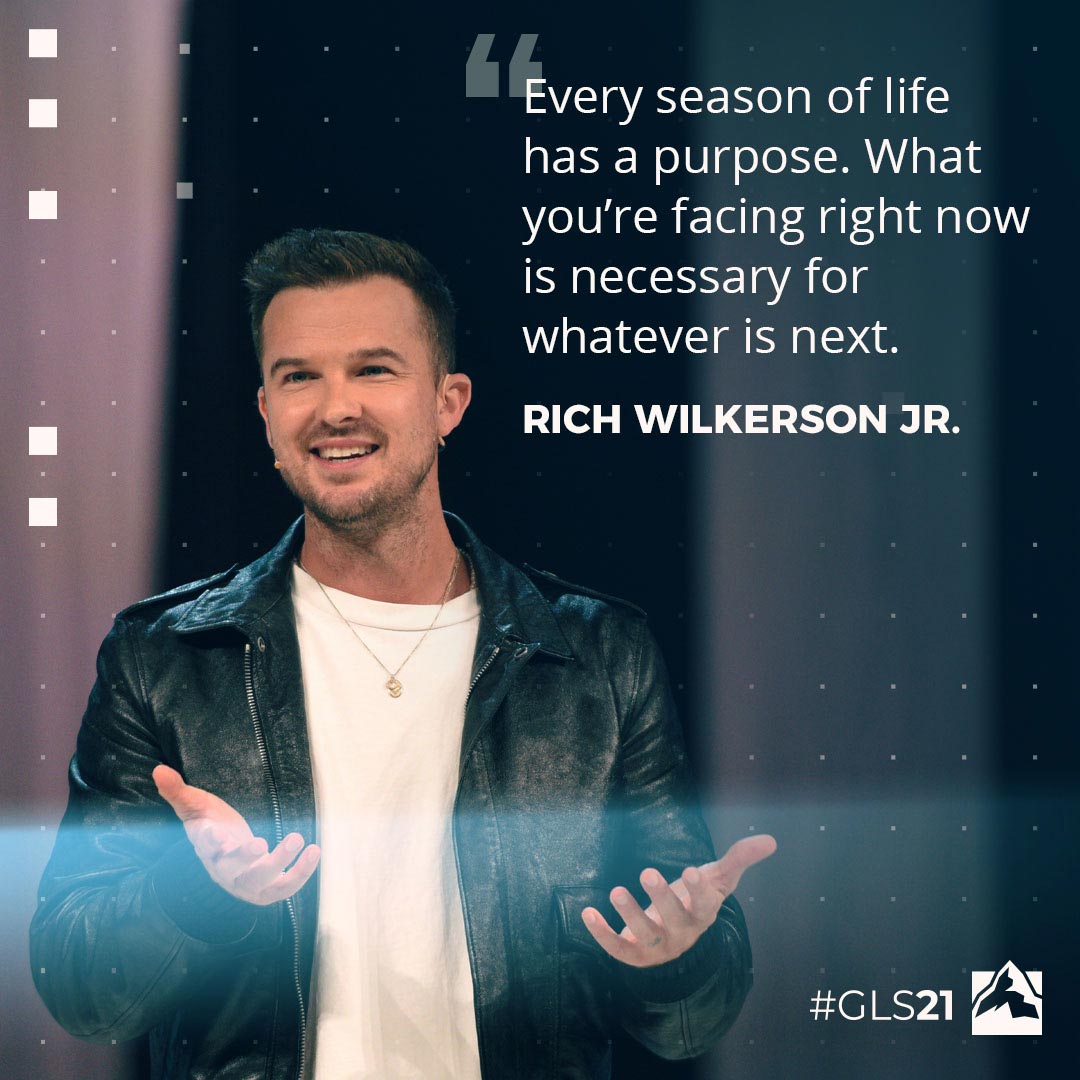
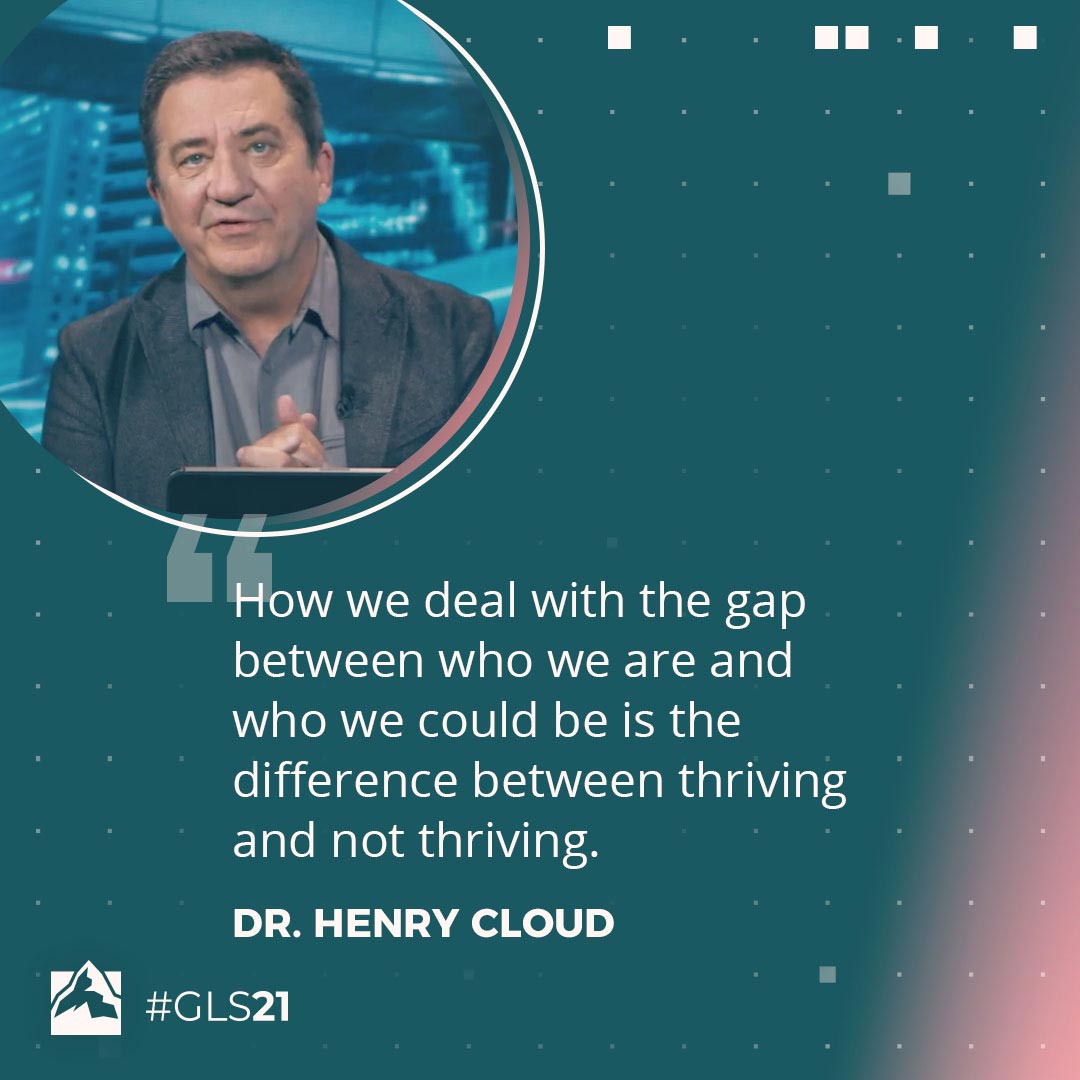
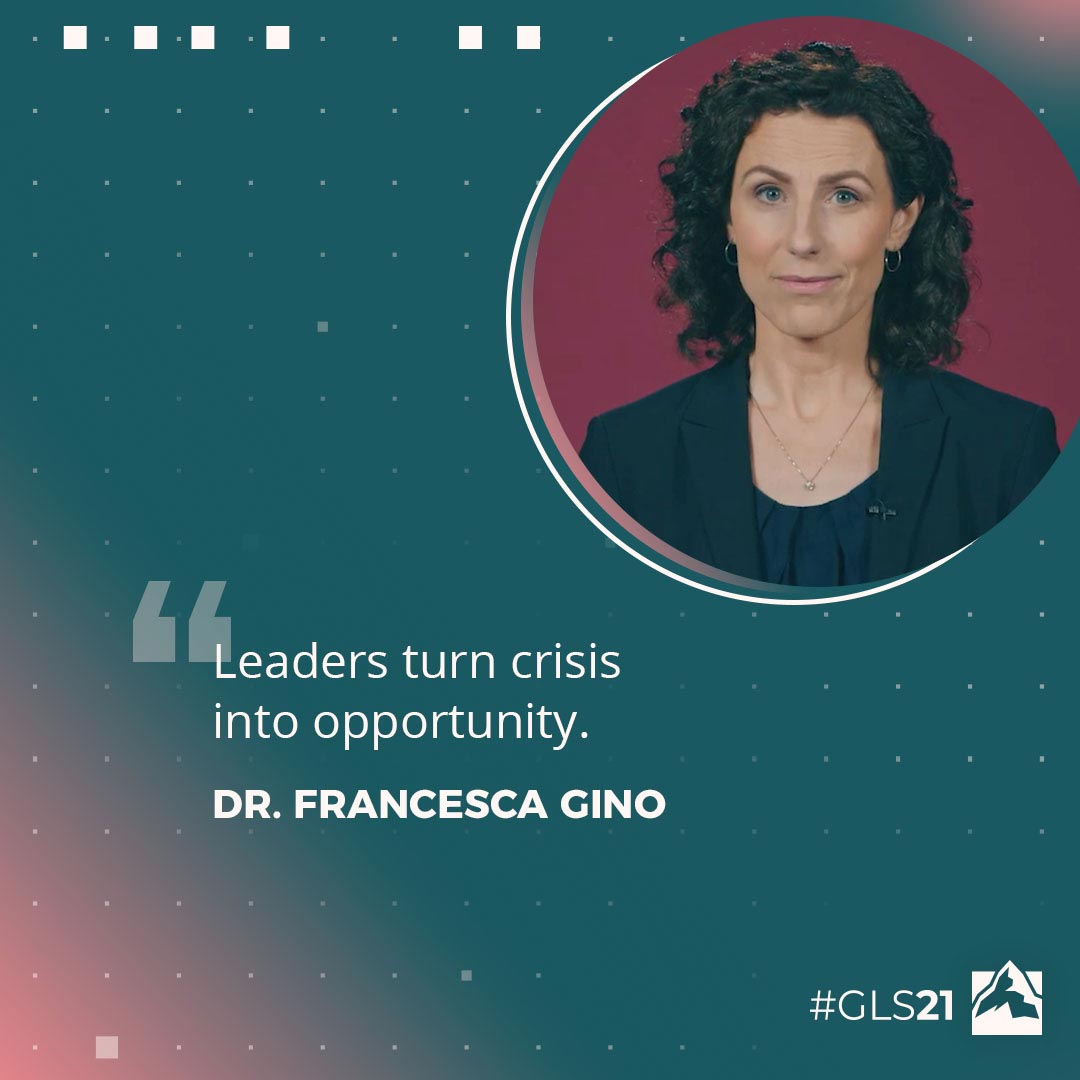

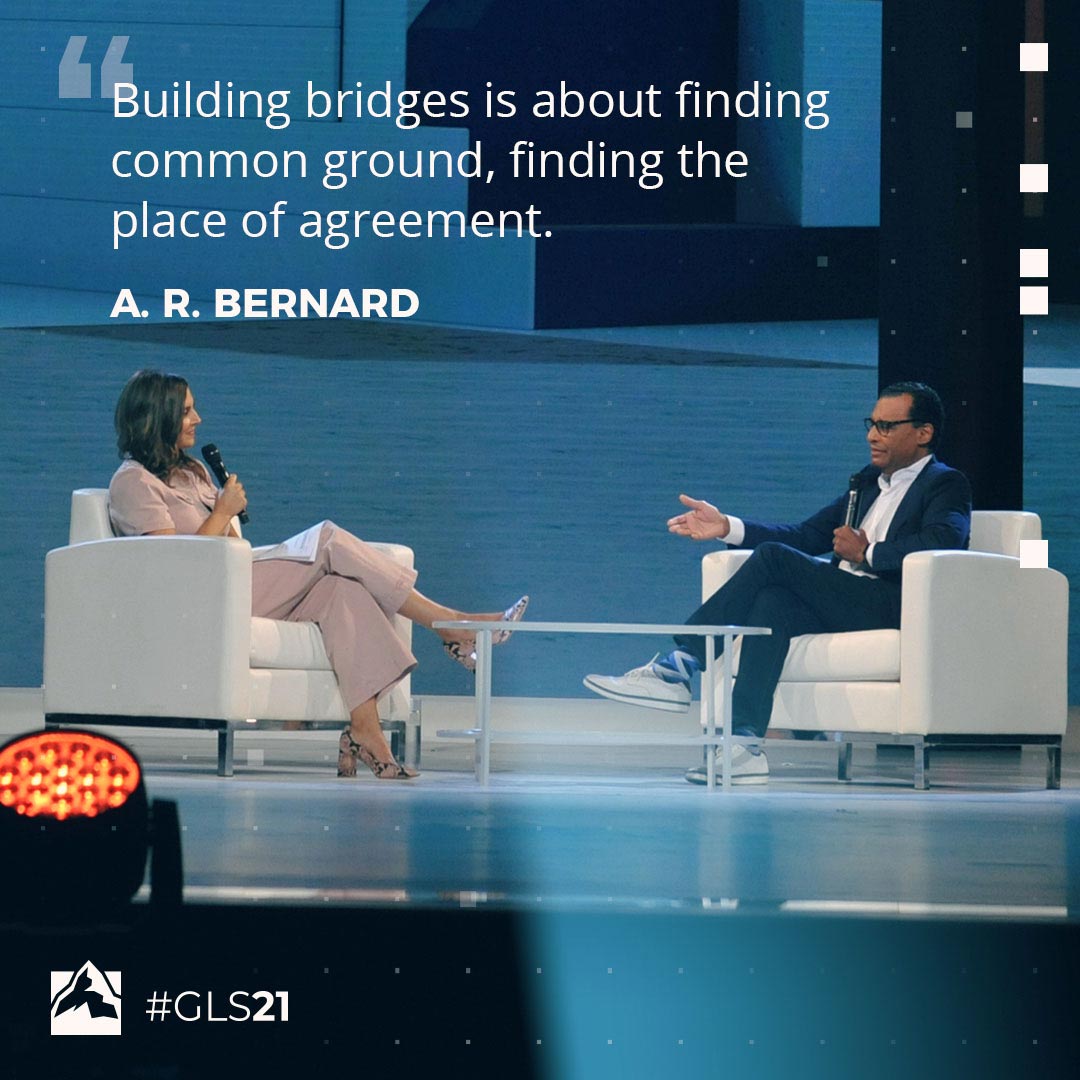
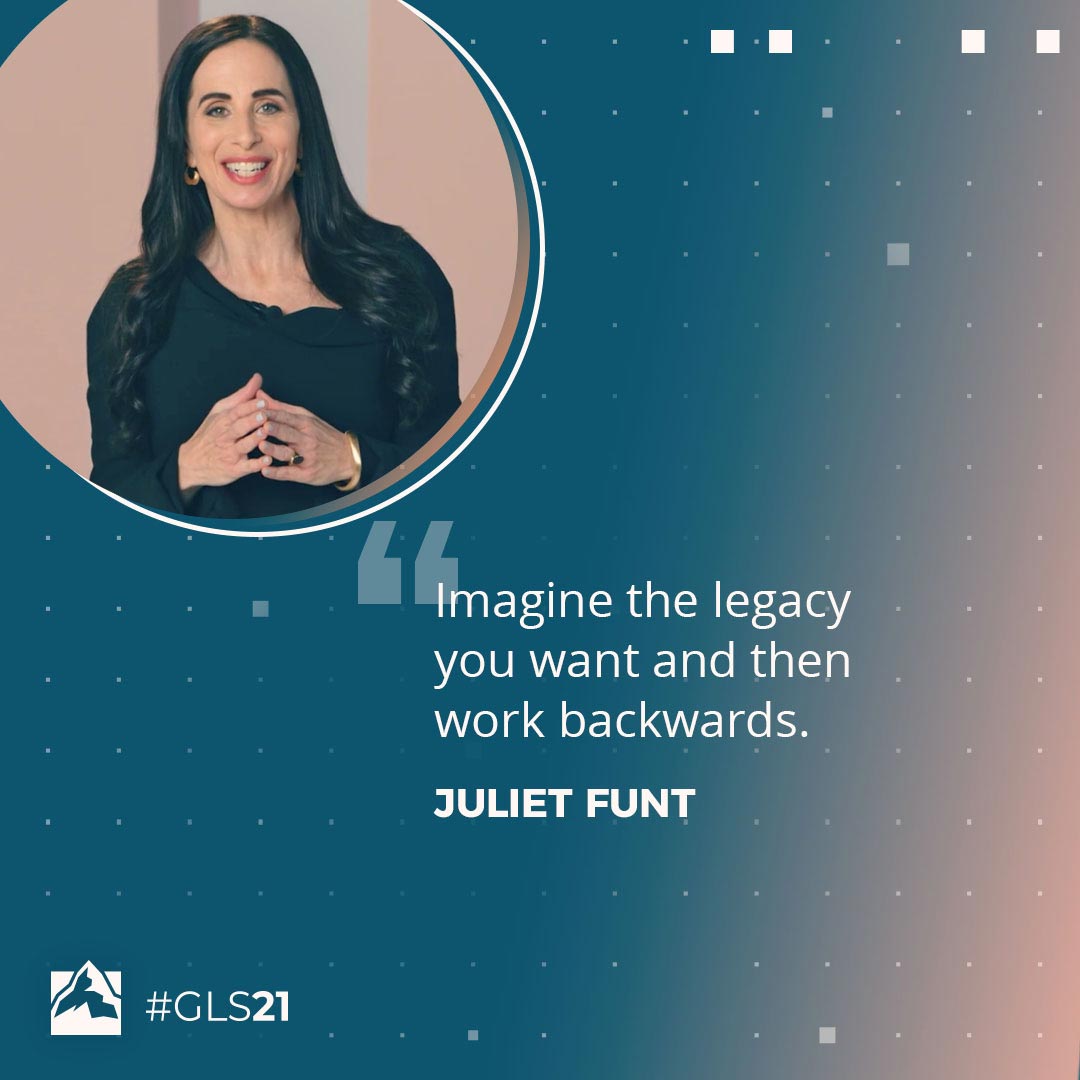

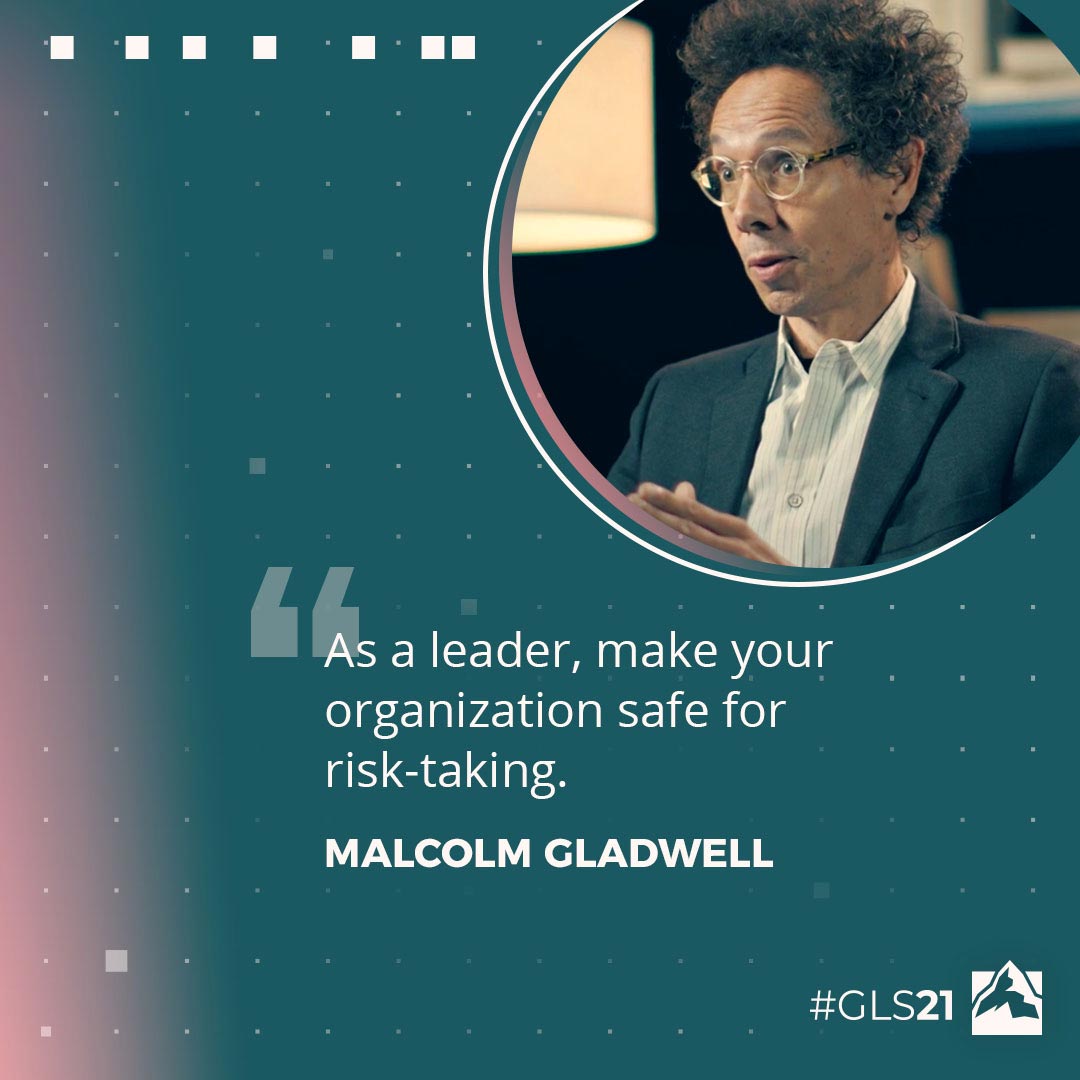
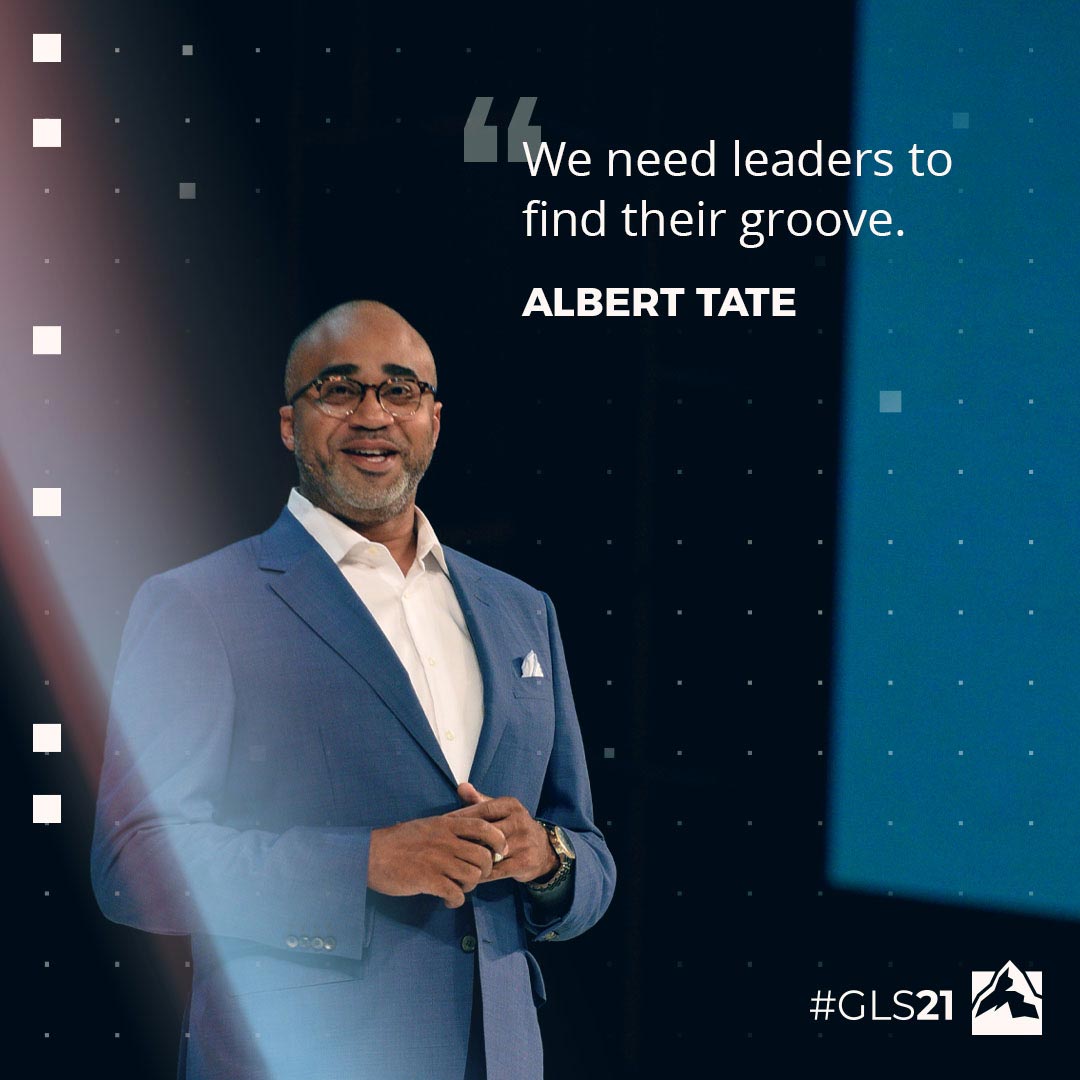

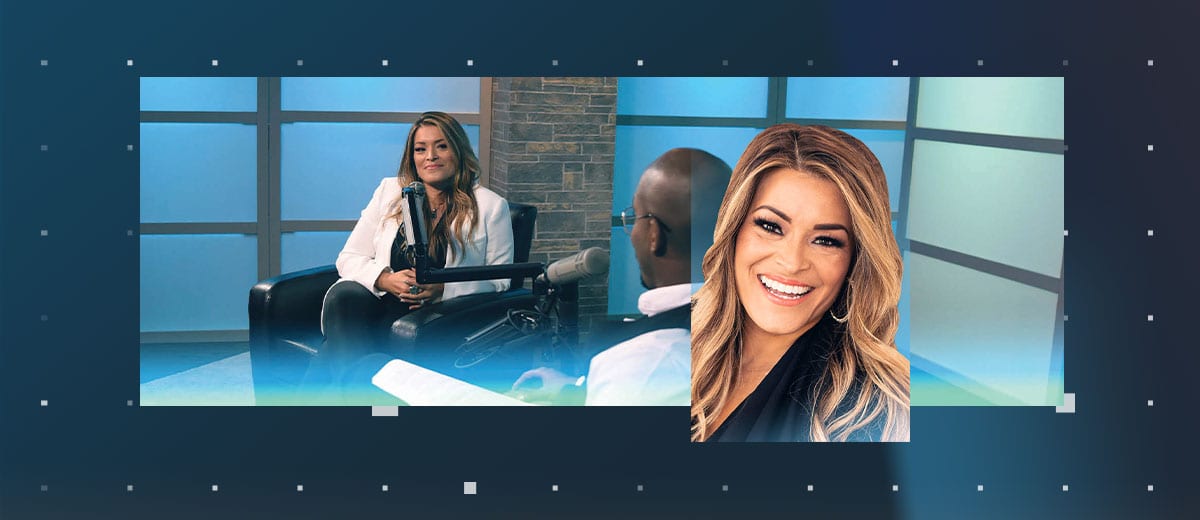





Recent Comments